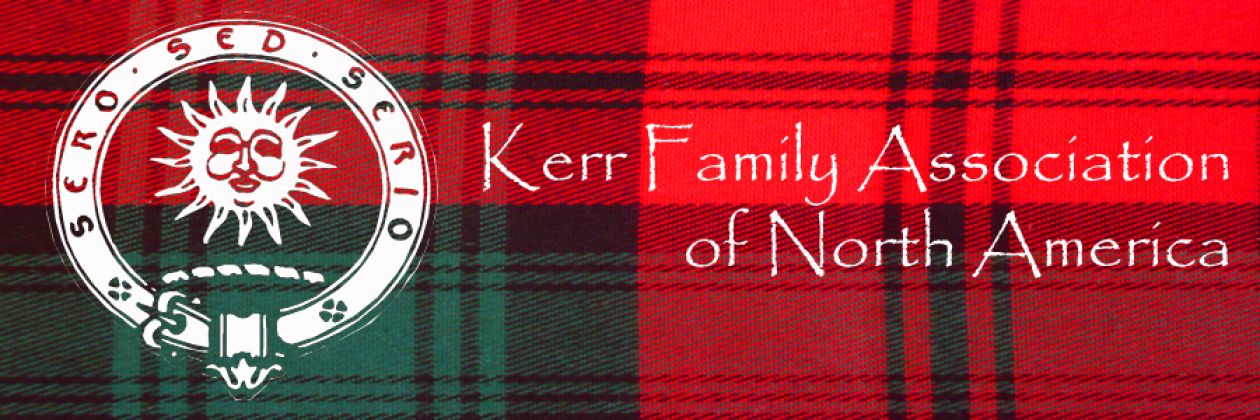In December 1861, Congress passed a bill authorizing the creation and distribution of 200 “Medals of Honor.” Initially, the medal was intended to be given out by the United States Navy to “Petty Officers, seamen and marines as shall distinguish themselves by their gallantry in action.” Two months later a similar bill was passed in Congress, authorizing an Army Medal of Honor which was intended only for those with the rank of private who distinguished themselves in battle. Later, non-commissioned officers and officers became eligible to receive the Medal.
When it first came into being, individuals could nominate themselves for the medal. This changed because too many were being given out for reasons other than gallantry.
Here are the Carr and Kerr Medal of Honor Recipients:
Colonel Eugene A. Carr (3rd Illinois Cavalry – US Civil War) – Colonel Carr was awarded the Medal of Honor at Pea Ridge, Arkansas on March 7, 1862. While there, he directed the deployment of his command and despite being shot several times, held his ground.
Private John Carr (8th United States Cavalry – Indian Wars Campaign) –
Private Carr Was awarded the Medal of Honor at Chiricahua Mountains, Arizona for gallantry in action.
Corporal Franklin Carr (124th Ohio Infantry – US Civil War) – Corporal Carr was awarded the Medal of Honor in Nashville, Tennessee for recapturing the United States guidon (flag) from a Confederate battery.
Master-At-Arms William M. Carr (US Navy – US Civil War) – Master-at Arms Carr was awarded the Medal of Honor for being instrumental in the capture of the Confederate ram Tennessee during the battle of Mobile Bay, Alabama.
Private William Louis Carr (US Marine Corps – Boxer Rebellion, China) – Private Carr received his Medal of Honor for distinguished conduct during a battle in Peking, China.
Sergeant Chris Carr (US Army, Company I, 85th Infantry Division – World War II) – Sergeant Carr received his Medal of Honor for extreme bravery for his single-handed capture and neutralization of two German machine gun nests, saving countless American lives.
Captain Thomas R. Kerr (Company C, 14th Pennsylvania Cavalry – US Civil War) – Captain Kerr was awarded the Medal of Honor due to his actions in a battle in Moorfield in what is now known as West Virginia. Despite being severely wounded, Kerr captured the flag of the 8th Virginia Cavalry on August 7, 1864.
Brigadier General John Brown Kerr (6th US Cavalry – Indian Wars) – General Kerr received his Medal of Honor in a battle on the north bank of the White River, South Dakota on January 1, 1891. General Kerr, despite being outnumbered, defeated a force of 300 Sioux, preventing them from entering the Badlands.
In 2007, the Medal of Honor Museum opened aboard the USS Yorktown, anchored in Charleston, South Carolina. The museum is open every day of the year except Christmas Day.
